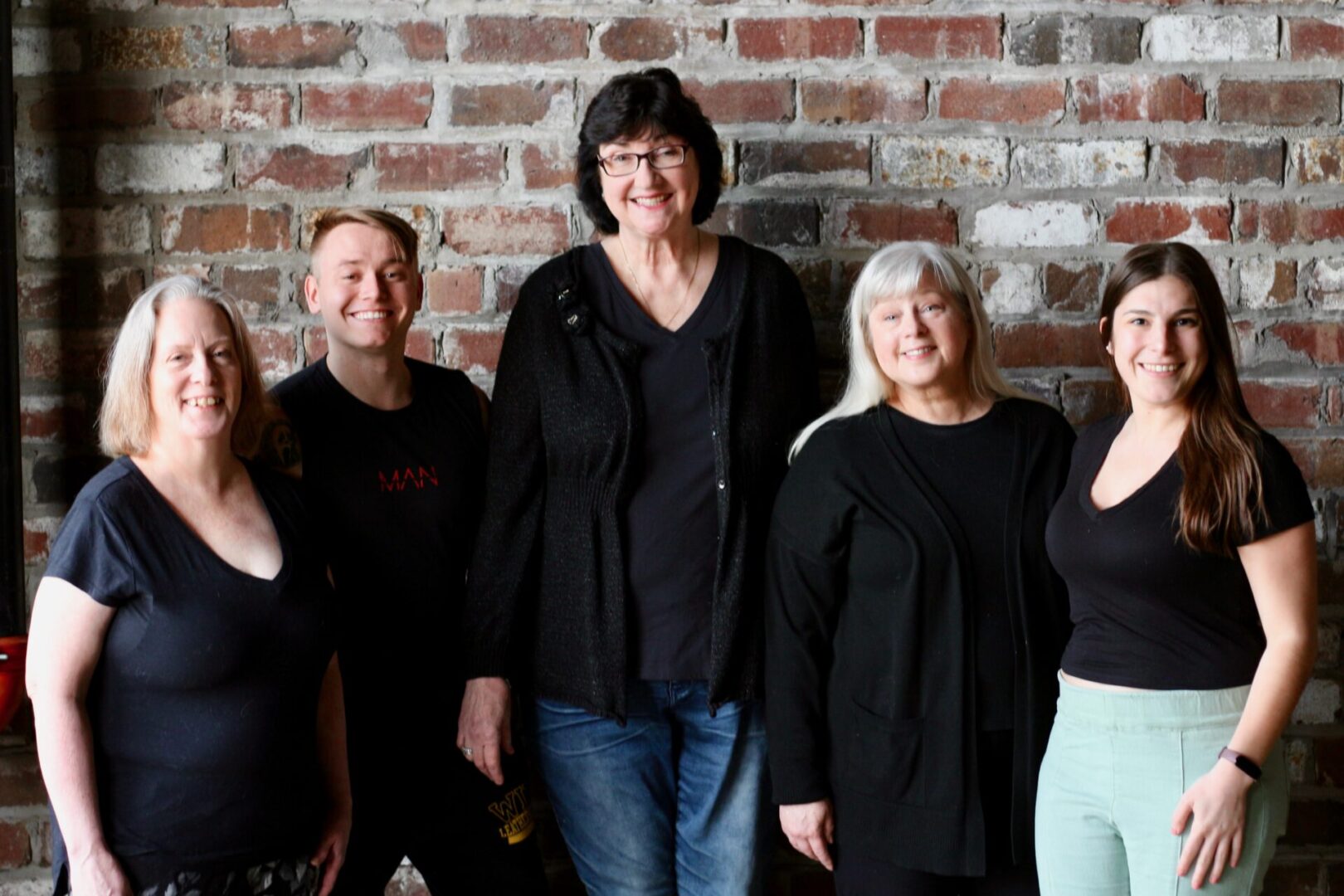WARREN COUNTY HOME
“You’ll send me to the poorhouse!” is a complaint that parents have voiced to their children for ages, but it wasn’t so long ago that a future in the poorhouse was literally a possibility for unfortunate Warren County residents.
Caring for the indigent has been a concern in Illinois since 1819, when the General Assembly mandated a support system for the poor and dependent adults. Under the plan, individuals were farmed out to private citizens who could maintain them for the lowest bid.
In 1839, county commissioners were authorized to establish “poorhouses,” if they so wished, and Warren County built its first such facility in 1858—a “county farm”—on 120 acres purchased in Lenox Township, five and a half miles south of Monmouth. A frame building, a story and a half in height, was erected at a cost of $3,000. An annex in the rear housed “the insane.” The farm was as much as possible self-sustaining, with produce, dairy, meat and poultry raised on the premises.
The farm’s first resident, Henry Hopper, was one of Warren County’s earliest settlers, having arrived in 1834. At the age of 40 he had been injured in the head in a sawmill accident. When he died in 1887, Hopper’s obituary noted that “after that time his mind was never quite right.” Before the accident, though, “he was an industrious and hard working man, well liked by his neighbors. He has no relatives in this city and it is doubtful he had any anywhere else.”
Hopper’s was certainly a tragic case, but in an era before Medicaid and Social Security Disability Insurance, the county farm was somewhat of a blessing for those left with no family or funds. Hopper was buried in a simple cemetery across the road from the county farm, as would be many future residents over the decades.
As the Progressive Era began to take root at the turn of the 20th century, the county board felt pressure to build a modern facility that was more sanitary and spacious. In 1903, a fine brick structure replaced the original building, erected at a cost of $50,000.
Containing 57 rooms, the new county home was a model of modernity. It was served by two deep wells equipped with electric pumps. Outbuildings included a dairy barn, poultry house and vegetable cellar. Milk was supplied by 15 purebred Holstein cows, while 250 hogs and 800 chickens were raised each year.
Progressivism also dictated a more humane vocabulary referring to the facility, which at the time was known as the Alms House. In 1912, a committee of the board of supervisors recommended discontinuing the terms “County Farm,” “Poor Farm” and “Alms House,” and instead calling it the “Warren County Home.” The Daily Atlas called the new appellation a “more euphonious name.”
A glimpse of life in the Warren County Home can be gleaned from the chronicles of a Monmouth Atlas reporter, who toured the facility in August 1912.
The farm itself contained 197 acres, all of which was fenced off into separate 20-acre tracts. Of these, 86 acres were planted in corn and 36 in oats.
When the reporter visited, there were 34 inmates—18 men and boys, and 16 women and girls. The reporter opined that “It would be interesting if one might tell the story of each of these inmates of the county home. They represent so many phases of past fortune and misfortune, past happiness and sorrow, past success and final failure.”
He remarked that most were satisfied with their circumstances and that the most outspoken in their satisfaction was the old ladies colony: “They are thoroughly happy in their contentment and freedom from care.”
In the main building there were 190 rooms, of which 68 were bedrooms. The bathrooms had hot and cold water, and every room was lit by electricity—generated four hours each day and held in reserve in large storage batteries.
Saturday was the “big day” at the County Home, as every user of tobacco received an allowance of four ounces. All bedding was changed and every inmate was bathed.
The Atlas reporter’s only negative impression was regarding two of the inmates. Some years previously, he said, he had toured the Illinois state home for the feeble-minded at Lincoln, Ill., and was taken into portions of that home where the average visitor was never permitted to go because of the viciousness, the helplessness and the misfortunes of the inmates.
Based on that experience, he editorialized that Warren County “is unquestionably keeping at least two, and perhaps, three inmates which properly belong to the state rather than to Warren County. There is an epileptic white boy and a feeble-minded (black) boy in the Warren County home that both for their own good and for the good of the other inmates of the Home ought not to be there and certainly some members of the Warren County board of supervisors are not doing their duty in permitting these boys to remain there.”
In 1949, the Public Assistance Code forbade county homes from taking in poor but physically healthy people. Instead, they were issued monthly welfare checks and given assistance to help them live independently.
All county homes in Illinois were decommissioned by the state in 1967. The Warren County Home continued for a time as a nursing facility, operated by superintendent Betty Killip, who resided there with her family. Community groups, such as the nearby Larchland Ladies Aid Society, volunteered at the home—especially to celebrate birthdays.
When Applegate Inn opened in the former Monmouth Hospital in 1970, the remaining 23 County Home residents were transferred there. An auction of the facility’s contents was held in September 1970. The home was later razed and a gasohol plant was built on the site. When Route 67 was widened to a two-lane, the county home cemetery was vacated and many of the remains were transferred to the Lenox Union Cemetery, southwest of the former home.
For Maple City Memories, I’m Jeff Rankin.














